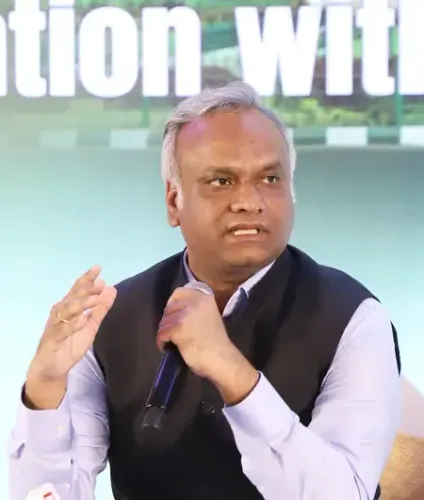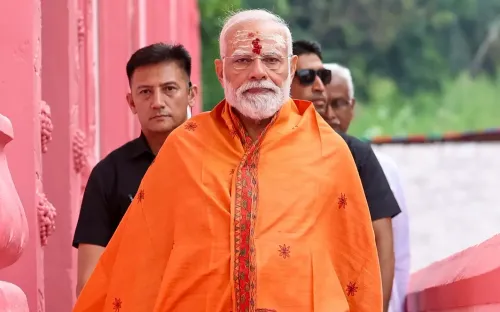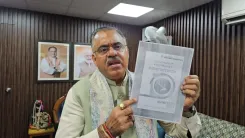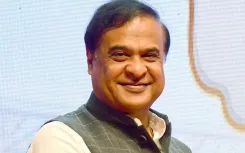Is GST 2.0 Fueling Vehicle Purchases for 41% of Indian Consumers?
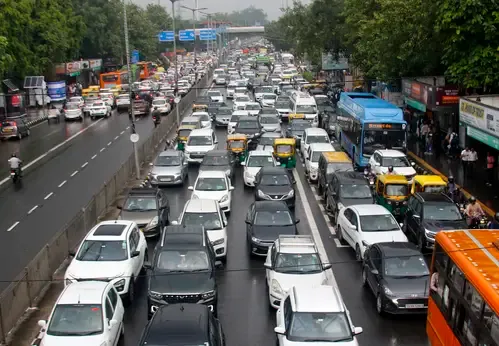
Synopsis
Key Takeaways
- 41% of consumers are planning to buy a vehicle soon.
- 72% of consumers deferred purchases anticipating GST changes.
- Demand for hybrid vehicles is on the rise.
- 64% prefer SUVs, dominating the market.
- 34% prioritize safety in purchasing decisions.
New Delhi, Oct 16 (NationPress) Changing lifestyles, the embrace of new technologies, and policy changes like GST 2.0 are fueling a sense of optimism among Indian consumers this festive season. A recent report reveals that 41 percent of consumers plan to acquire a vehicle within the next three to four months.
Interestingly, 72 percent of these individuals postponed their purchases, anticipating a rationalization of GST, which underscores the significance of simplified taxation and enhanced affordability on consumer sentiment.
The insights from a Grant Thornton Bharat report indicate a growing preference for hybrid vehicles, with 38 percent of consumers leaning towards hybrid cars, surpassing petrol options at 30 percent and electric vehicles (EVs) at 21 percent. This trend illustrates a distinct shift towards transitional, fuel-efficient technologies.
The demand for sports utility vehicles (SUVs) continues to soar, with 64 percent of consumers favoring them. This vehicle segment has dominated India’s passenger vehicle market, accounting for 65 percent of total sales in FY25, a significant rise from nearly 50 percent two years prior.
Moreover, the report points to an increased focus on safety metrics, with 34 percent of buyers prioritizing safety over costs and mileage. This trend reflects a maturing market shaped by stricter regulations, heightened awareness of crash tests, and advanced tech-enabled safety features.
“This festive season represents more than just a sales opportunity; it indicates profound shifts in consumer behavior. The rising demand for hybrids, heightened safety awareness, and readiness to invest in premium features depict a more discerning and aspirational consumer,” stated Saket Mehra, Partner and Automotive Industry Leader at Grant Thornton Bharat.
With GST reforms enhancing affordability and digital platforms transforming discovery, original equipment manufacturers (OEMs) have a unique chance to redefine their value propositions for India’s evolving mobility landscape, Mehra emphasized.
The report also reveals that over 35 percent of buyers are open to spending more on high-end variants, while 65 percent are comfortable with a 10-15 percent price premium, highlighting rising aspirations for vehicles rich in features.
Additionally, 52 percent of consumers utilize both online and offline channels before making a purchase, with social media (chosen by 35 percent) and car applications (selected by 23 percent) leading the way in the discovery process.
“The reduction of GST on small cars from 28 percent to 18 percent could decrease acquisition costs by up to Rs 1 lakh, significantly boosting demand in Tier 2 and Tier 3 cities,” the report highlighted.

